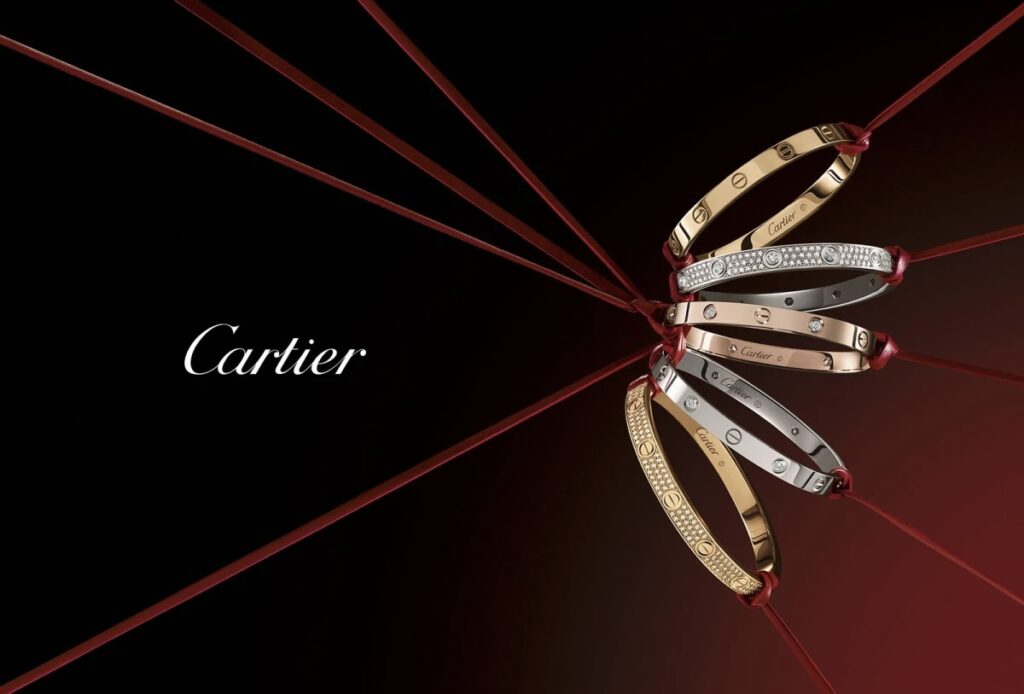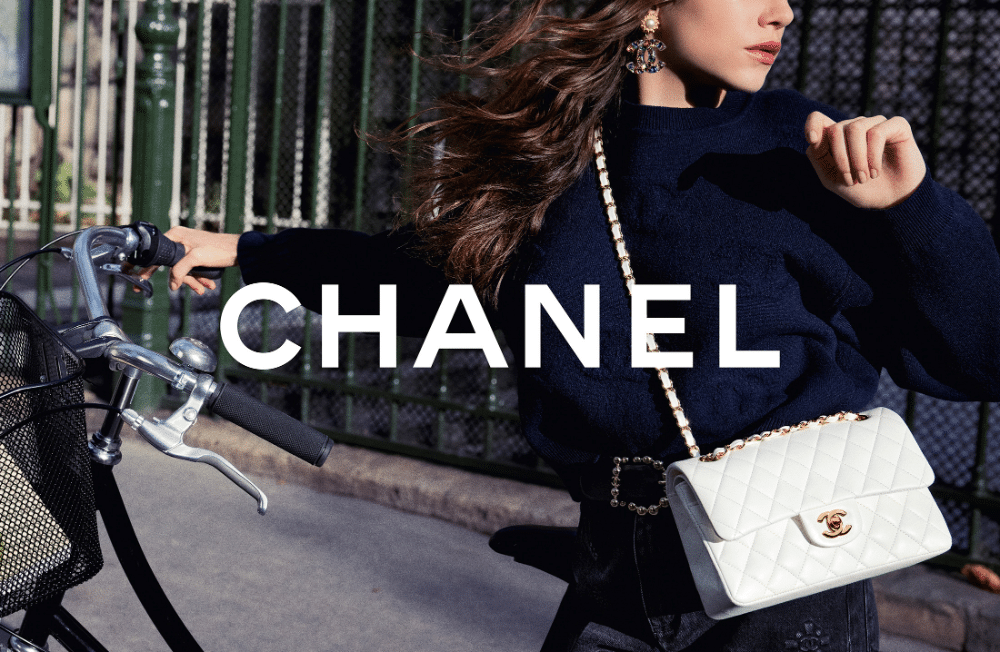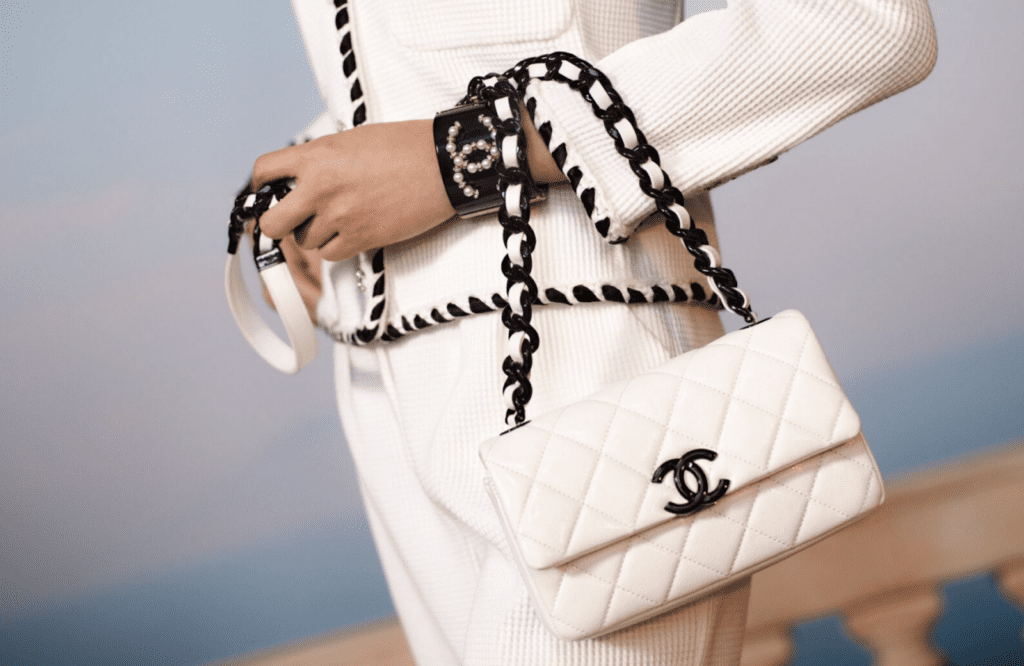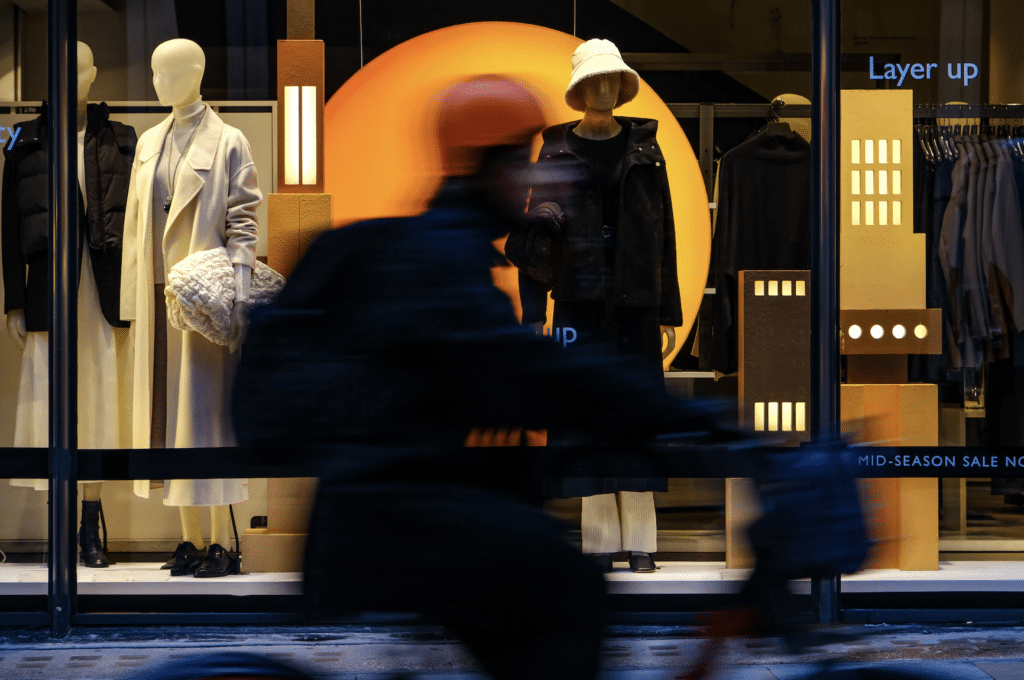Making good on long-standing rumors, Amazon has added a luxury arm to its sweeping e-commerce operation. Called Amazon: Luxury Stores, the Seattle-based titan describes the venture as “a new shopping experience offering both established and emerging luxury fashion and beauty brands.” First up on the list of individually-run stores? Oscar de la Renta, which will offer up its Pre-Fall and Fall/Winter 2020 collections, including ready-to-wear, handbags, jewelry, accessories, and a new perfume. Amazon says that more brands will launch within Luxury Stores in the coming weeks and seasons.
“Available in the Amazon app by invitation only, Luxury Stores combines the convenience customers have come to know and love from Amazon with innovative technology like ‘View in 360,’” which lets customers explore styles in 360-degree detail to better visualize fit, and making shopping for luxury easier and more engaging, the Jeff Bezos-founded company asserted in a statement on Tuesday.
The news comes amid years of pushback amid Amazon’s attempts to win over brands at the upper end of the fashion industry. So, how did it manage to break into the high fashion sphere?
Amazon appears to have a number of things to point to in connection with its high fashion endeavor. For one thing, the launch follows from a large-scale (and enduring) public relations push by Amazon to chip away at mounting criticism by regulators and legislators, and consumers, alike, in connection with its role in the widespread availability of counterfeits, as well as antitrust issues. Its public-facing campaign – which is not all that different from the PR push enacted by Chinese e-commerce conglomerate Alibaba several years ago when it sought to overcome its reputation as a counterfeit-haven and move upmarket – has aimed at bolstering consumer and brand confidence in the $1 trillion company. Specifically, it has seen Amazon introduce new anti-counterfeiting efforts like Project Zero, and team up with brands, such as Italian fashion house Valentino and buzzy beauty brand KF Beauty, to initiate counterfeit litigation.
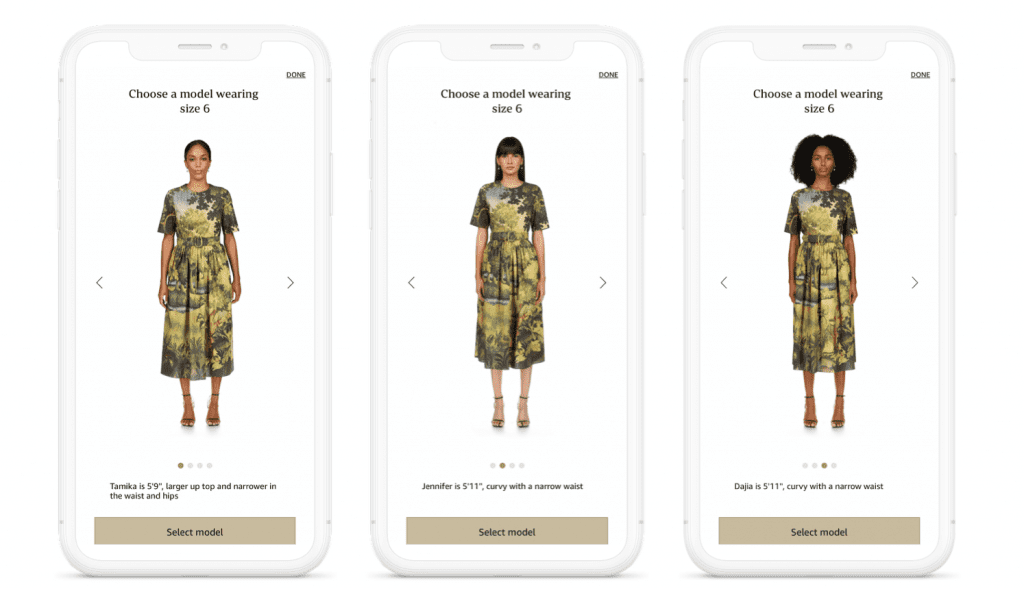
Maybe even more important than its pattern of filing lawsuits and introducing new anti-counterfeiting initiatives in order to send a clear message to consumers and potential brand partners about its stance on enforcement, Amazon appears to have critically ceded a fair share of control to its brand partners when it comes to how the “Luxury Stores” will work. As the company stated on Tuesday, “Collections [will be] sold directly from the participating brands as a ‘store within a store’ experience, brands independently make decisions regarding their inventory, selection, and pricing.”
In other words, brands will have nearly complete control over the look, feel, and operation of their individual stores in much the same way as they do in traditional store-within-a-store – or “concession” – scenarios. While individual concessions and the corresponding agreements between brands and department stores vary, they typically see brands, such as Louis Vuitton and Chanel, lease space from department stores like Saks or Neiman Marcus (either via a flat rate or a percentage of their sales). The brands then hire their own employees for such outposts, merchandise their own stores within the larger department stores, and price their own products, etc., thereby, upholding the “control is king” mantra of luxury goods purveyors.
It is worth noting that not only do such brick-and-mortar concession and e-concession arrangements enable brands to exercise control over specific elements of the presentation and distribution of their products, such as what goods are stocked and at what prices, it allows them to maintain strict authority over their brand image – and ultimately, their luxury-level markups – more generally.
In terms of its role, Amazon brings its vast reach and 100 million Prime members, as well as a sweeping logistics network (should brands opt to use Amazon fulfillment or ship on their own) to the table, and says that it will “offer the merchandising tools for brands to create and personalize content in each of their unique brand voices.”
As for first-mover Oscar de la Renta, its CEO Alex Bolen, told Vogue that the partnership just makes sense. “I would guess that somewhere near 100 percent of our existing customers are on Amazon and a huge percentage of those are Prime members. So they’re already in that environment,” he says. “For me to get more mindshare with existing customers in addition to getting new customers—that’s the name of the game. We want to be able to talk to her wherever she’s comfortable shopping.”
“This idea that you don’t want to speak to a customer where she’s spending a lot of her time is a mistake.”
UPDATED (September 30, 2020): Since its launch on September 15 with Oscar de la Renta, Amazon’s Luxury Stores “has added such fashion and beauty brands as Roland Mouret, La Perla and Clé de Peau,” according to an Amazon spokeswoman, as reported by WWD. Its latest addition comes in the form of Kering-affiliated womenswear brand Altuzarra.











